12 Reasons Why Americans Feel Poor When the U.S. Is So Rich
The U.S. economy is massive. In fact, it’s the largest in the world, with a GDP of $29 trillion and a GDP per capita of around $80,000. By most statistical measures, Americans are wealthier than ever. But dig a little deeper, and the picture isn’t so clear. People aren’t feeling that prosperity. In fact, many say they’re struggling. So, what’s going on? Here are reasons Americans feel poor, even in a rich country.
Homes Are Expensive
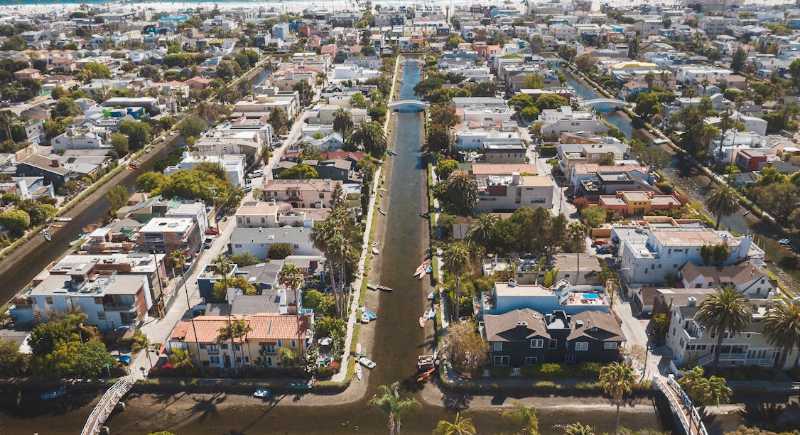
Credit: pexels
The dream of owning a home now feels like a luxury. Prices have skyrocketed in recent years, with home values jumping over 40%. First-time buyers struggle with down payments, and rent’s not far behind. Housing now eats up a giant chunk of people’s paychecks, which doesn’t leave much for savings for other essential expenses.
Healthcare Costs More Than a Vacation
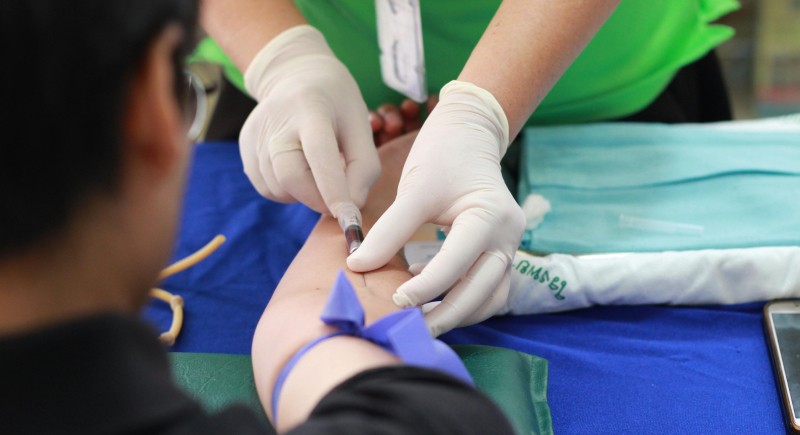
Credit: pexels
In the U.S., getting sick can feel like a financial emergency. Even with insurance, people still face surprise bills, sky-high deductibles, and co-pays. It’s not unusual for a hospital stay to cost more than a round-trip ticket abroad. Medical debt remains one of the leading reasons Americans file for bankruptcy.
The Top 1% Keep Pulling Ahead
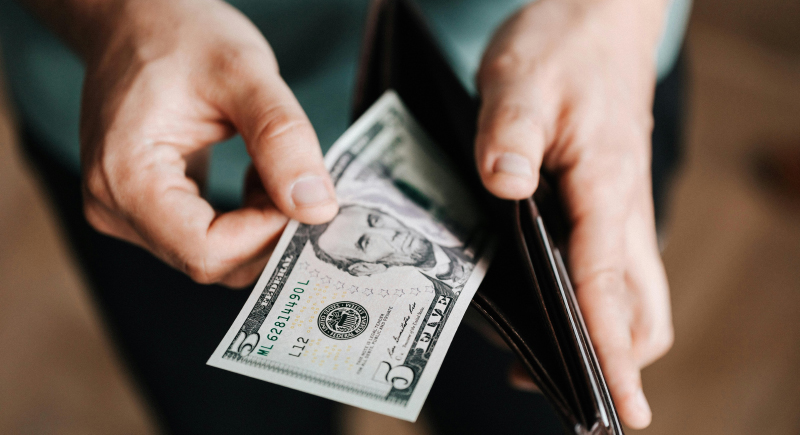
Credit: pexels
Since the 1970s, income for the top 1% has surged while middle-class wages have stayed mostly flat. Executive pay has ballooned, and stock ownership is heavily skewed toward the wealthy. So while the economy looks great on paper, the average worker doesn’t feel that boost in their bank account.
Prices Went Up—And Stayed There

Credit: pexels
Inflation reached a 40-year high in 2022, and while it’s cooled off, prices haven’t exactly reversed. Shoppers still feel the sting at the checkout line. And because essentials like food and utilities hit hardest, especially for lower-income households, that daily pinch becomes a persistent source of stress.
Student Loans Follow You Everywhere

Credit: pexels
Americans owe more than a trillion dollars in student debt, and even though some forgiveness plans are in the works, many borrowers face years of repayment. This long financial tail affects housing, career choices, and family planning. That college degree might open doors, but the monthly bill that comes with it doesn’t make anyone feel rich.
The Numbers Say “You’re Fine,” But It Doesn’t Feel That Way
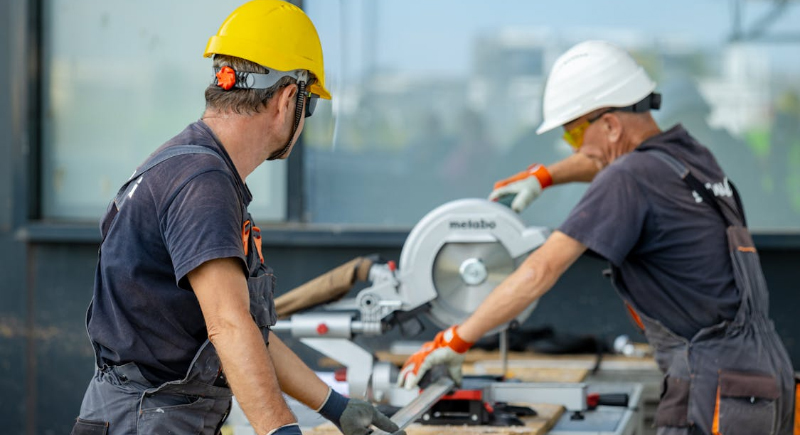
Credit: pexels
Studies show average net worth and income have climbed, with the median household now wealthier than pre-pandemic levels. But when asked, many Americans say they feel worse off. A 2023 Gallup poll found that half of U.S. adults believed their finances had declined over the past year.
Everyone Online Seems Richer

Credit: pexels
Social media makes it look like everyone has their life together, plus a beach house. Constantly seeing influencers flaunting luxury trips, spotless kitchens, and $500 skincare routines can make even a stable paycheck feel small.
Pandemic Help Didn’t Last Long
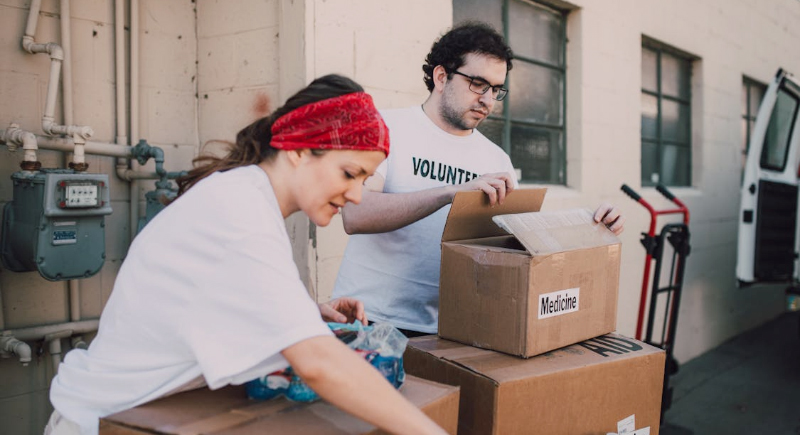
Credit: pexels
Government aid during the pandemic gave many households a temporary cushion. Poverty levels actually dropped in 2021 with stimulus checks, expanded unemployment benefits, and child tax credits. But that support faded. When those programs ended, many Americans were left to face the same old expenses.
Working Harder Doesn’t Mean Earning More
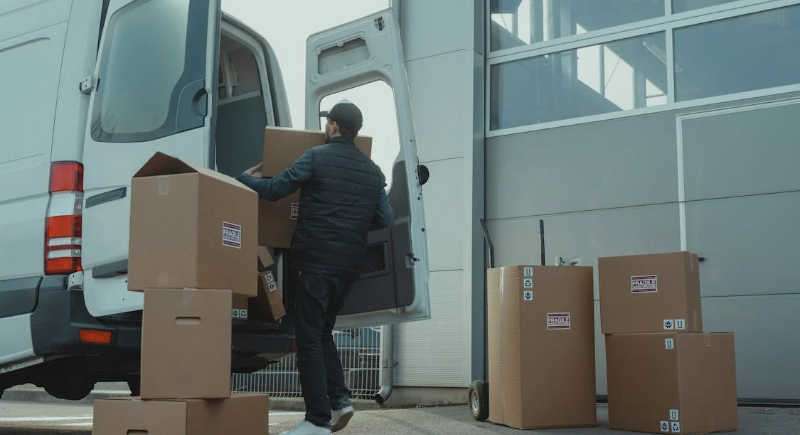
Credit: pexels
American workers today are more productive than ever, yet their pay hasn’t kept up. Since the late 1970s, productivity has outpaced wage growth significantly. People are putting in more hours, juggling multiple jobs, and still struggling to cover basic needs. It’s a frustrating disconnect.
College Is Way More Expensive Than It Used to Be

Credit: pexels
A few decades ago, students could cover tuition with a part-time job. Now, tuition at many public universities has tripled or even quadrupled. Add in fees, housing, and textbooks, and college becomes a major financial hurdle. Parents dig deep, and students take on loans, all for a degree that may not guarantee financial security.
Health Isn’t Keeping Up With Wealth

Credit: pexels
Being rich on paper doesn’t help much if people don’t feel healthy. Despite America’s enormous wealth, life expectancy is slipping. It has dropped to the mid-70s, one of the lowest among high-income countries. In rural and lower-income areas, the numbers are even more alarming.
Essentials Eat Up the Paycheck

Credit: pexels
It’s not luxury spending that drains bank accounts, it’s the basics. Rent, groceries, transportation, and childcare take up most of the monthly budget. Even families with decent incomes find themselves strapped. There’s little room to save or splurge when necessities swallow every dollar. That financial squeeze leaves people feeling like they’re running in place.
Job Benefits Are Shrinking

Credit: pexels
Pensions are nearly extinct, and even healthcare benefits are less generous than they used to be. Many workers now face high-deductible insurance plans, minimal paid leave, and no retirement contributions from employers. Gig workers and contractors often get no benefits at all.
Childcare Costs Rival College Tuition

Credit: pexels
For families with young kids, childcare can be as expensive as a second mortgage. In many states, the average cost of full-time childcare exceeds $10,000 per year, and in some metro areas, it’s far higher. Parents often delay careers, reduce work hours, or sacrifice savings just to manage it.
Credit Card Debt Is at Record Highs

Credit: pexels
American credit card balances recently topped $1.1 trillion, the highest ever recorded. With interest rates often exceeding 20%, even small purchases can spiral into long-term burdens. Many households rely on credit to bridge income gaps, which turns temporary solutions into permanent stress.